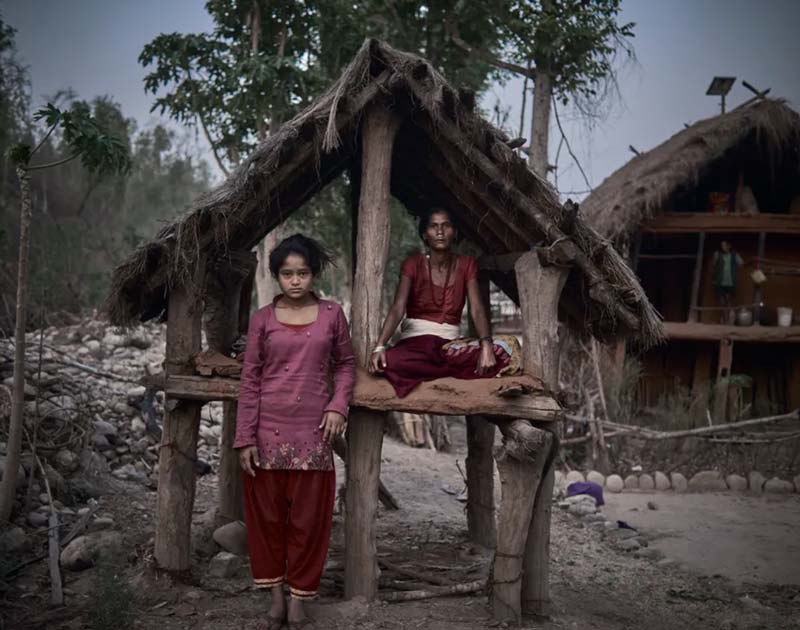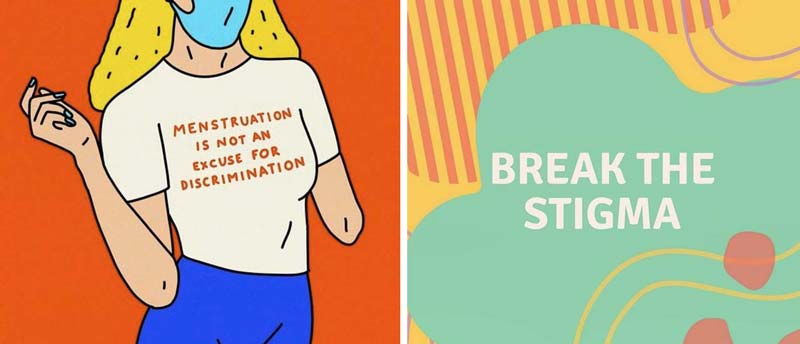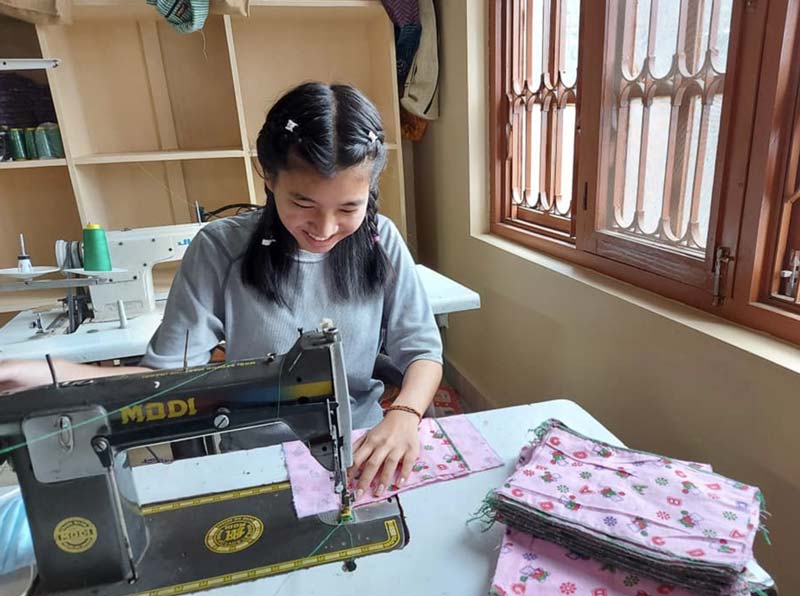In 2018, a 21-year-old Nepali woman died because of the tradition of menstrual exile. She, like many other women living in rural Nepal, was isolated to an outdoor cow shed through the course of menstruation each month, despite the practice’s illegality. She had lit a fire to stay warm (the sheds are poorly insulated and unheated) and likely died from smoke inhalation. She wasn’t the first woman to die this way.
This is the most extreme form of a practice known as Chaupadi as the term covers all the practices – the shed is only in some parts of Western Nepal. It has deep roots in Hindu mythology that teaches menstruating women are impure, dirty or even dangerous. Customs include excluding women from the home and kitchen, religious ceremonies or physical contact with loved ones. In Nepal, forced Chhaupadi was outlawed in 2018 and can result in a fine, but the practice persists.

Like many other places in the world, menstrual stigmas and taboos in Nepal are complex. They vary according to region, caste, generation, educational attainment and more (there are more than 100 caste and ethnic groups in Nepal).
“There’s no such thing as one type of Nepali woman,” Elevate Nepal Advisory Board Member Dr. Sara Parker from Liverpool John Moores University in the UK says. “They’re all different and have different experiences when menstruating due to a number of factors such as age, religion, caste. So women in the cities are different from the women in the Terrai.”
We spoke with Sara to learn about the nuances of menstrual taboos as well as opportunities for destigmatizing. She has studied education, gender and empowerment in Nepal for decades and is currently leading research focused on menstruation in Nepal with a British Academy-funded initiative called Dignity Without Danger.
Chhaupadi Includes, but Extends Beyond, the Notorious Cow Shed
As concerning as menstrual exile is, it’s a symptom of a much larger attitude that prevents women from fully participating in society. During their period, women might be forced to leave school or work, or important community or religious events. This absence exacerbates persistent inequalities women face across the country.
“The cow shed dominates the imagination and whilst this issue needs to be addressed we also need to explore the wider impact of more general restrictions and taboos in Nepal,” Sara says. “We also need to look at wider issues of gender discrimination as more women die every year from preventable illness, domestic violence or wildlife attacks, such as snake bites.”

According to Dignity Without Danger, a lack of adequate protection and washing facilities increase susceptibility to infection with many who menstruate not having access to a choice of menstrual products to manage their periods. Additionally, a 2021 study published in BMC Women’s Health found women who stop practicing Chhaupadi face social exclusion, discrimination and physical/verbal abuse. Many fear that not following this tradition will lead to other consequences, such as being shunned by local community members, marriage rejections or abandonment by their husbands.
Education is an Essential Part of Breaking Menstrual Taboos

Although 2018 legislation outlawed Chhaupadi, it’s still a common practice in many areas of Nepal. The BMC Women’s Health study identified several factors that play a role in the ineffectiveness of menstrual management interventions, including:
- Poor involvement of key community stakeholders
- Stigma toward women who stop practicing Chhaupadi
- Contextual factors, such as low income or illiteracy
- Resistance from community leaders and traditional healers
- Poor implementation/enforcement of laws against Chhaupadi
In turn, the study found that multilevel, holistic interventions — such as those supporting social justice, community development and hygiene — are much more effective.
“Education is at the heart of promoting dignified menstruation,” Sara says. Dignity Without Danger is working with Global Action Nepal and the Menstrual Health and Hygiene Partnerships Alliance Nepal developing an educational toolkit and a far-reaching educational strategy, including social media campaigns, online and print resources and journal articles that other organizations can leverage.
Attitudes Around Menstruation are Slowly but Surely Changing
Several organizations and activists are on the ground combating negative perceptions of menstruation.
Young people in particular question the stigma, including model, actress and film producer Keki Adhikari, an advocate of MHMPA. With 1.5 million followers on social media, she advocates for dignified menstruation, disproves misconceptions and raises awareness about other challenges women face throughout the nation.
Keki stars in an eight-minute film (the first half of a two-part series), exploring the progress Nepal has made in the fight against menstrual taboos and restrictions. In the video, she visits a high school in far west Nepal, where students learn about the science behind menstruation. In addition, the school provides clean bathrooms and washing stations. When it comes to life at home, some of the female students describe loosening restrictions: they’re not forced to stay in a cow shed but may not be allowed in the kitchen or worship spaces.
In the video, Keki determines that menstruation isn’t as much a taboo subject as it was only a few years ago—and schools have played a prominent role in normalizing this natural process.
Destigmatizing menstruation isn’t going to happen overnight. Sara explains the benefits of certain service projects, such as building clean water infrastructure, paired with an educational component regarding menstrual hygiene. In collaboration with nonprofit partners, Elevate Nepal has supported providing menstrual ‘freedom’ kits made in Nepal by Beni Handicrafts and the Steps Foundation. Elevate Nepal believes in the connections they have developed in Nepal over the past years – so that all the work that is done is grounded at the local level amplifying the impact.

Elevate Nepal is working to bring potable water and hygiene facilities to some of the nation’s most remote villages to reduce water-borne illness and support women’s health. With a reliable source of water, women can properly clean their menstrual products and prevent infections.

